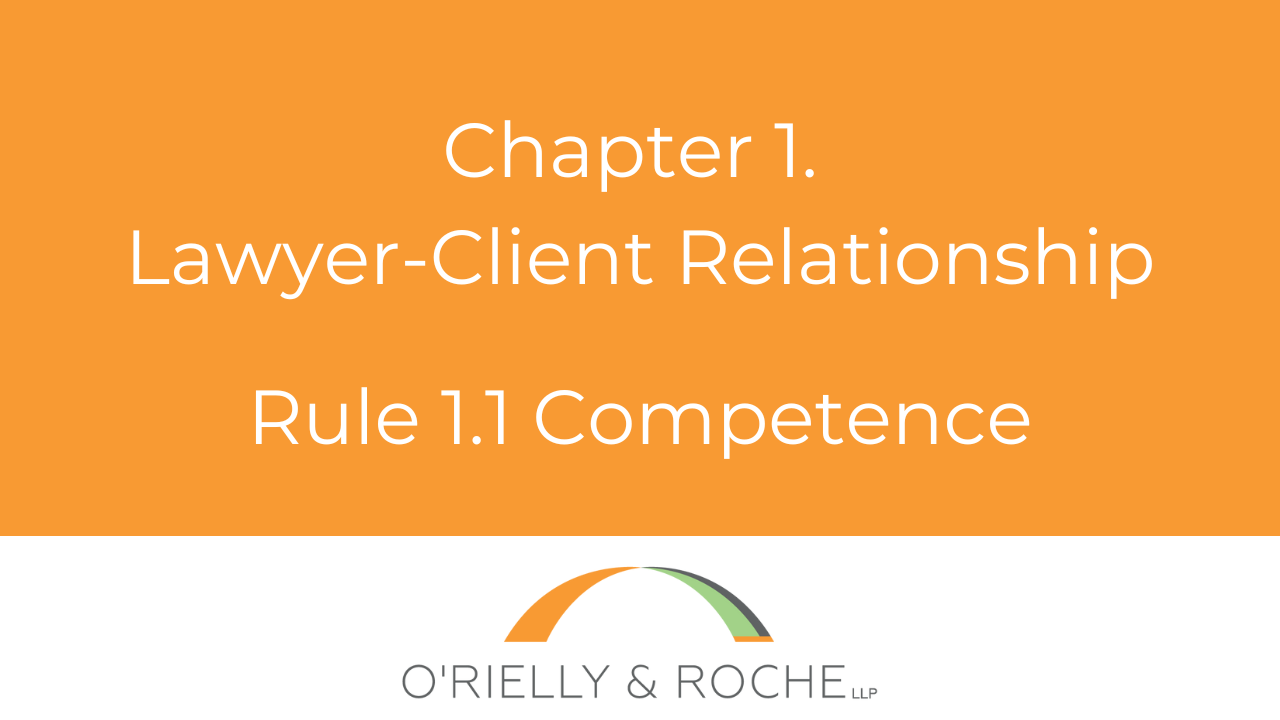
Rule 1.1 – Competence: An Overview
Rule 1.1 of the California Rules of Professional Conduct emphasizes the fundamental duty of lawyers to provide competent legal representation. Competence is defined as having the necessary legal knowledge, skills, and mental, emotional, and physical capacity to effectively perform legal services. Lawyers must avoid intentionally, recklessly, or repeatedly failing to meet this standard.
If a lawyer lacks sufficient expertise in a specific matter, they are still responsible for ensuring competent representation by consulting with or associating another qualified attorney, acquiring the necessary skills before proceeding, or referring the matter to a more experienced lawyer. In emergency situations, a lawyer may offer limited assistance even outside their usual expertise when immediate help is necessary, provided that the advice is confined to what the circumstances require.
This rule also highlights the importance of staying current with changes in the law and technology to maintain professional competence. It focuses on a lawyer’s individual responsibility for their own performance, distinct from supervisory duties addressed in other rules.
Rule 1.1 Competence Text
As of 2/20/25
(Rule Approved by the Supreme Court, Effective March 22, 2021)
(a) A lawyer shall not intentionally, recklessly, with gross negligence, or repeatedly fail
to perform legal services with competence.
(b) For purposes of this rule, “competence” in any legal service shall mean to apply
the (i) learning and skill, and (ii) mental, emotional, and physical ability reasonably*
necessary for the performance of such service.
(c) If a lawyer does not have sufficient learning and skill when the legal services are
undertaken, the lawyer nonetheless may provide competent representation by (i)
associating with or, where appropriate, professionally consulting another lawyer
whom the lawyer reasonably believes* to be competent, (ii) acquiring sufficient
learning and skill before performance is required, or (iii) referring the matter to
another lawyer whom the lawyer reasonably believes* to be competent.
(d) In an emergency a lawyer may give advice or assistance in a matter in which the
lawyer does not have the skill ordinarily required if referral to, or association or
consultation with, another lawyer would be impractical. Assistance in an
emergency must be limited to that reasonably* necessary in the circumstances.
Comment
[1] The duties set forth in this rule include the duty to keep abreast of the changes in
the law and its practice, including the benefits and risks associated with relevant
technology.
[2] This rule addresses only a lawyer’s responsibility for his or her own professional
competence. See rules 5.1 and 5.3 with respect to a lawyer’s disciplinary responsibility
for supervising subordinate lawyers and nonlawyers.
[3] See rule 1.3 with respect to a lawyer’s duty to act with reasonable* diligence.
